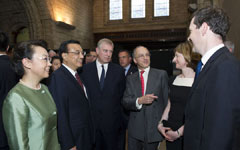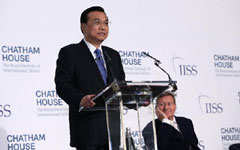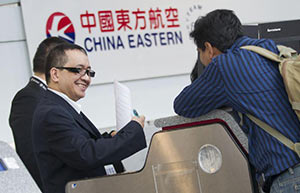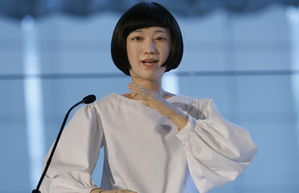China's yuan has bright future as global currency
(Xinhua) Updated: 2014-06-27 10:19Trichet, however, said the yuan had to be completely convertible so savers and investors in the world could have full confidence in it as a free-floating global currency.
As for the international monetary system, he said the current system was far from perfect, but it remained "reasonably resilient."
 |
 |
Asked about the recent economic situation in Europe, he said the euro zone was recovering gradually.
"We're not at the epicenter of the global crisis now," the euro defender said, adding there was still a lot of work to be done.
Responding to the concern about the ECB's recent decision to launch a negative interest rate policy, Trichet said it meant the central bank was taking serious measures to tackle low inflation in the area.
He also defended himself over his policy when he was in office from 2003 to 2011, during which he was criticized for emphasizing price stability over growth and job creation.
"Price stability, without inflation and without deflation, is not opposed to growth and job creation, but on the contrary, it is a precondition of growth and job creation," he said.
Trichet said 2 percent was the definition of price stability, which was set at the very beginning of the euro.
Over the past 15 years, "the average yearly inflation rate was exactly 2 percent of the euro," he said.
- China industrial profits up 9.8% in first 5 months
- Asia-Pacific shifts away from Japan to China
- China Development Bank to support home renovation
- Expert sees soft landing in end to real estate boom
- Alibaba plans to list shares on NYSE
- Budget carriers ready for takeoff
- Forex deposit rate caps lifted
- China Eastern Airlines launches direct flight to Toronto

















